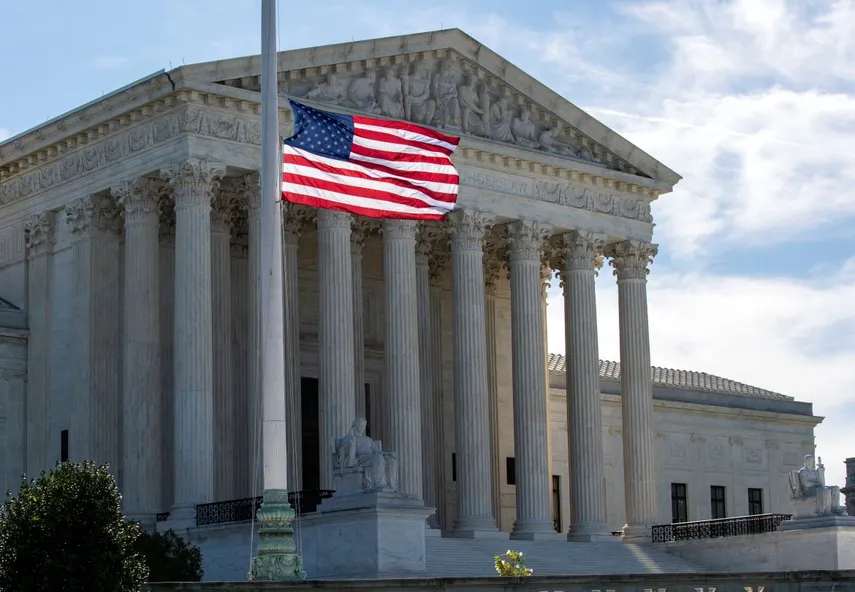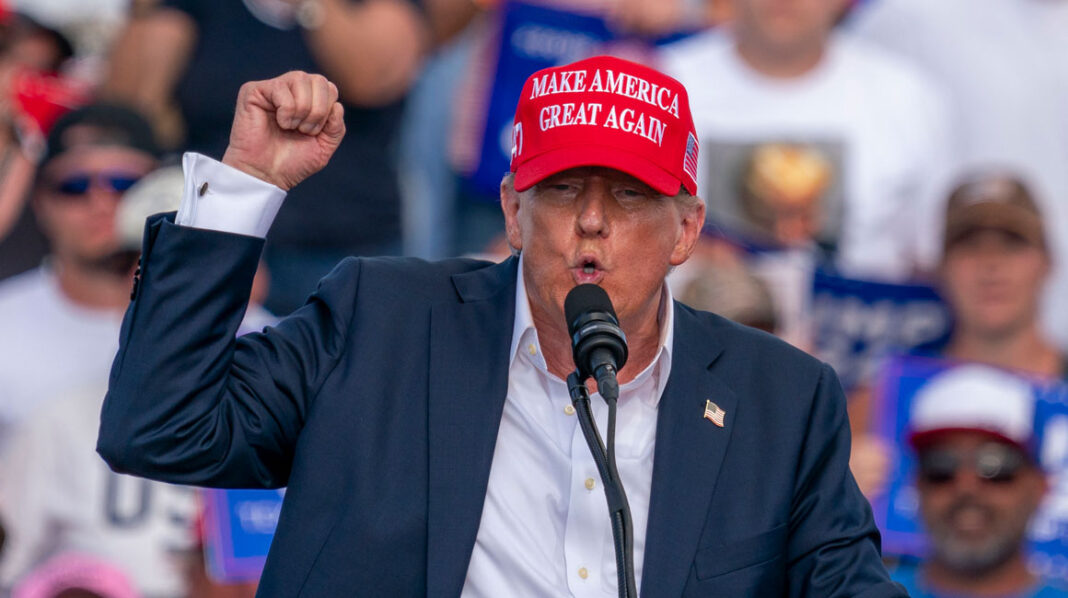Estimated reading time: 5 minutes
In a historic, consequential, and controversial decision on Monday, the Supreme Court granted substantial immunity from prosecution to former president Donald Trump on election subversion charges.
The decision almost certainly will delay his trial until after the November election, if it takes place at all. The vote was 6-to-3, with the court’s Republican appointees all in the majority, and the Democratic appointees in fierce dissent.
The decision, written by Chief Justice John Roberts, established a broad new immunity from prosecution, not just for Trump, but for past and future presidents, too. Presidents may not be prosecuted for exercising their “core” constitutional powers, and even in situations where former presidents might be prosecuted after leaving office, they are entitled to at least presumptive immunity from prosecution for official actions they took as president.
Such immunity is needed, said the chief justice, in order to protect an “energetic,” and “independent executive,” willing to take “bold” actions and make unpopular decisions when needed. And while Roberts said that private actions by a former president are not protected from prosecution, his opinion seemed to inexorably intertwine private and public actions.
The court, however, did not itself resolve whether any of the election subversion charges against Trump could go forward; rather, the justices sent the case back to the trial court judge to determine whether any of the charges against Trump are sufficiently private to survive—in other words, not within his official purview as president. And it made it far more difficult to prosecute a former president by limiting the evidence a prosecutor could present.
Stuart Gerson, a Republican who served in high-level Justice Department positions, put the effect of Monday’s ruling this way: “It is impossible that this case will be resolved, if ever, before the election.”
In short, he said, Trump got what he wanted: delay
But the former president actually got quite a bit more. The court made clear that if he is re-elected, he will be free to simply order the Justice Department to drop the charges against him, and that his pardon power is unlimited.
“Make no mistake,” said Justice Sonia Sotomayor, in a passionate dissent from bench, “the majority gives President Trump all he asks for and more. …. Whether described as presumptive or absolute, under the majority’s rule, a president’s use of any official power for any purpose, even the most corrupt, is immune from prosecution” under this decision, she said.
Even the most private and non-official act—like bribery, she said—is insulated because the president is commander in chief, and under the court’s rules laid down Monday, even if bribery charges are brought against a former president, prosecutors could not present evidence of a quid pro quo, she said. The money may have been the quid, but the quo was an official act presumptively insulated from prosecution.

Justice Amy Coney Barrett broke from her fellow conservatives on this important point, siding with the dissenters. “The Constitution,” she said, “does not require blinding juries to the circumstances” of a president’s official, and allegedly illegal, action.
Many constitutional scholars had expected a split decision in Monday’s case, but few anticipated such a big win for Trump and for Executive power.
“I just don’t think anyone imagined that they would draw the line in a way that so clearly put a thumb on the scale for a President and for this particular former president,” said NYU law professor Melissa Murray. For instance, she observed, the court seemed to say that any time the President talked to the Vice President, that conversation was presumptively immune from being disclosed to a jury, regardless of how incriminating it may have been.
“If I were in the Biden administration,” Murray said, “I would be running on this court’s enormous capacity to stoke chaos.”
Georgetown University law professor Stephen Vladeck seemed to second that view.
“The next president probably gets to pick at least two, if not three, justices. Do we want that to be Donald Trump or want that to be Joe Biden? he asked, adding that “the court did nothing…to make itself less of an issue in the election.”
“The originalists in the room were actually the liberals,” said Yale law professor Akhil Amar, one of the country’s leading constitutional scholars. He was flabbergasted by the decision, which he maintained is contrary to both the history and the text of the constitution.
Amar said that the court, by barring any consideration of motives in a criminal case against a former president, violated both common sense and the words of the constitution.
“I don’t love the criminalization of politics and going after ex-officials, but I think here they really created a Frankenstein, he said. “There were ways of avoiding that without going nearly so far as they seemed to do.”
Justice Clarence Thomas, speaking for himself alone, took an even more far-reaching position than the court’s other conservatives. He would have held the position of special prosecutor in the Justice Department is unconstitutional.
Justice Ketanji Brown Jackson joined Justice Sotomayor’s dissent, but wrote separately, accusing the majority of planting “the seeds of absolute power” for presidents, who until now had been constrained by the law. “If one man can be allowed to determine for himself what is the law, every man can,” she wrote, in quoting Justice Louis Brandeis, and “it invites anarchy.”
Both Justices Jackson and Sotomayor did not end their dissents, with the usual, “I respectfully dissent.” Instead, they simply said they dissented. (https://www.npr.org/2024/07/01/nx-s1-5002157/supreme-court-trump-immunity)





































